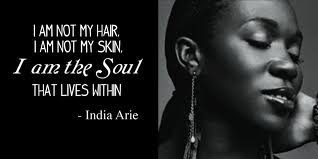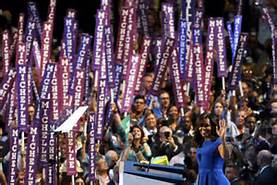by Jodi Koslow Martin
As the first week of classes comes to an end, those of us in student affairs see the conclusion of welcome activities. Bridge programs, peer leader training, move-in days, dropped classes, added classes, opening convocations…you name it, we’re certainly always in charge of it. These are days filled with utter exhaustion, what may be called the “good tired” if our experience has an element of fulfillment to it. And, sometimes, these are days when hope and promise meet glitches and snafus as our smiles get bigger and wider to hide the 15 things that haven’t gone as planned. It’s in these very days that begin another academic year, affording us the opportunity to bring higher education closer to true equity and inclusion.
I am starting my fourth academic year as a senior student affairs professional at a small, urban Christian university. This last week led me to a positive place of feeling like I fit in. Odd to say, isn’t it? Yet, it has taken three full years. There are certainly some realizations that help this situation including a palpable spirit of collaboration at the faculty development retreat of student affairs professionals and faculty working together, a retention rate worthy of attention, and a diverse student affairs staff who are bright, creative, and extremely competent. Fitting in took some time because as I was being collaborative — a value in feminist leadership I prioritize — I was minimizing my own competency. Oftentimes I thought that when I heard dissent, it made me think that I must be wrong. Or, if I shared an opposing viewpoint, I had to think twice because maybe my perspective was off. Why would I do this? Was it a lack of confidence? I had thought it was because I didn’t fully understand the culture of my institution. But, now, I am the culture of my institution. I’ve carried who I am into this place as I hired and formed staff into being the mentors, educators, and caring individuals. I’ve carried being a Catholic, female leader into an Evangelical Christian institution where my new student worker felt like he had to ask in a hushed tone, “You’re really Catholic?” I’ve carried my interest in knowing students deeply into a commitment to know the students who work in our offices and to eat in the cafeteria once a week so that I can start new relationships on a regular basis. I’ve carried my understanding of leading student affairs into the conversation about student learning outcomes. I’ve carried my identity and integrity, as Parker Palmer would say, into this sacred space of education.
But, you see, I’ve been carrying it all along. It didn’t just happen, of course, but it did take 3 years to realize it. And, it’s not something that can be quantified that led me to this realization. It came from the heart first. My heart is full as I think about the impact of the student affairs educators have in the lives of students. My heart is full with the promise of a new academic year. My heart is full as I recognize that I have the wisdom that comes with time and experience and a love of learning that will keep us continually looking for innovative ways to show we care for our students. My heart is full because the work is bigger than me, bigger than any one person but it is in the work of student affairs that I, and so many others, can find a place where they fit in because they are being their true selves.
“Be a woman. Seek and work only for what is life-sustaining. Don’t just change with the times, let the times change because you are present. Make a difference.” –Mercy Amba Oduyoye








